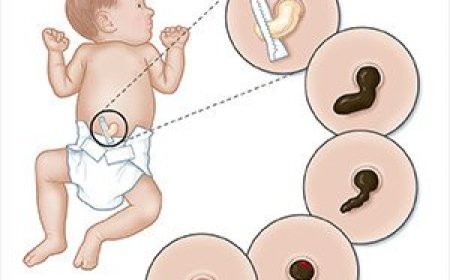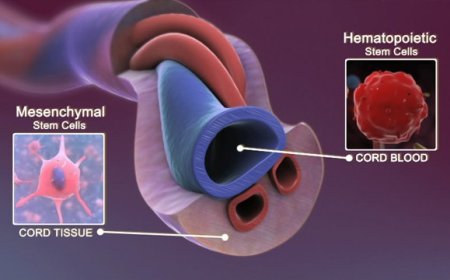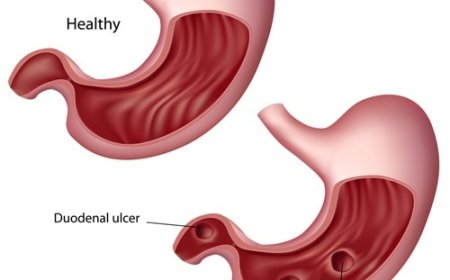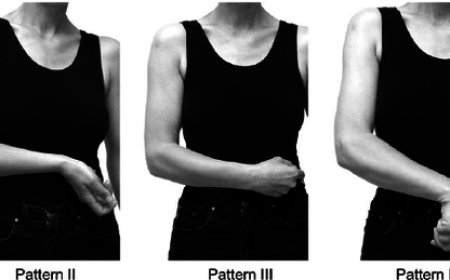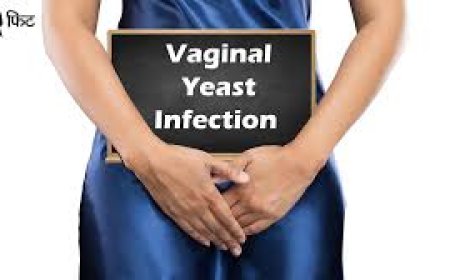Food Allergies
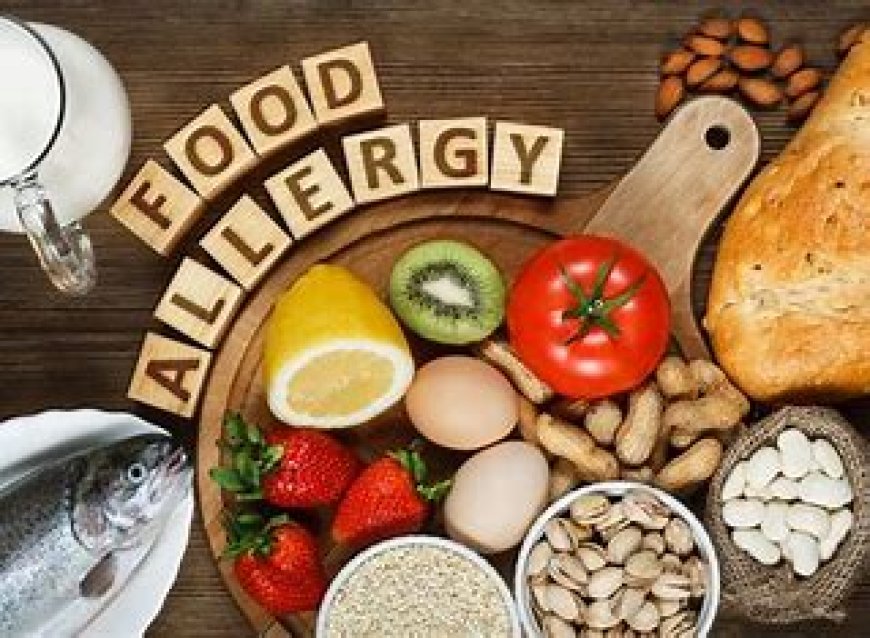
Introduction:
Food is an essential part of our lives, providing us with energy and nutrients to grow strong and healthy. But did you know that sometimes, certain foods can make some people sick? This is because of something called "food allergies." In this article, we will dive into the world of food allergies in India, understanding what they are, their symptoms, types, causes, and how doctors diagnose and treat them.
Signs and Symptoms:
When someone has a food allergy, their body reacts in an unusual way when they eat a specific food. The symptoms can vary, but they often include things like itching, hives (red bumps on the skin), a runny or stuffy nose, stomachache, vomiting, or even trouble breathing. These symptoms usually show up pretty quickly after eating the problem food.
What Is a Food Allergy?
A food allergy is when our immune system thinks a certain food is harmful and tries to fight it. Imagine your immune system as a superhero that usually fights off bad guys (germs), but sometimes it gets confused and attacks good guys (foods) by mistake.
Classifying Food Allergies:
Food allergies are classified into different types based on the way our immune system reacts. The two main types are:
1. IgE-Mediated Allergy: This is when the body releases a substance called IgE to fight the "invading" food. Peanut and milk allergies are examples of this type.
2. Non-IgE-Mediated Allergy: Here, the reaction doesn't involve IgE. These allergies might have a delayed response and often involve the digestive system. An example is lactose intolerance.
Causes and Triggers:
Our bodies can be sensitive to certain proteins in foods. In India, some common allergy-causing foods are nuts (like cashews), milk and dairy products, wheat (used to make chapati and bread), and shellfish (like shrimp). These foods have proteins that can cause our immune system to act up.
Risk Factors with Examples:
Some people are more likely to have food allergies, especially if their family members also have them. For example, if your mom or dad is allergic to peanuts, you might be allergic too. Another risk factor is having other allergies like asthma or eczema.
Types of Food Allergies:
There are many types of food allergies, but let's focus on a few common ones in India:
1. Peanut Allergy: Eating peanuts can cause serious reactions in some people. Even a tiny bit or just touching peanuts can be harmful.
2. Milk Allergy: This doesn't mean just milk but also things made from milk, like cheese and yogurt. It can lead to tummy troubles and skin issues.
3. Wheat Allergy: Foods like bread, chapati, and noodles can contain wheat. This allergy might cause tummy pain and trouble breathing.
Diagnostic Tests and Treatments:
Doctors use different tests to figure out food allergies:
1. Skin Prick Test: A tiny drop of the allergen is put on your skin, and the doctor watches for a reaction, like redness or swelling.
2. Blood Test: This test checks for IgE antibodies in your blood. These antibodies show if your body is sensitive to specific foods.
Complications and Prevention:
Food allergies can be dangerous. They might cause anaphylaxis, a severe reaction that can make it hard to breathe and need quick medical attention. To prevent food allergies, it's important to avoid trigger foods and always read food labels. If you have a food allergy, your doctor might give you medicine called an epinephrine auto-injector (like a superhero shot) to use in case of emergencies.
Food allergies might seem scary, but with the right knowledge and precautions, you can still enjoy yummy meals while staying safe. Remember, if you think you have a food allergy, talk to a grown-up or a doctor. Understanding your body and how it reacts to different foods is the first step in living a happy and healthy life.
What's Your Reaction?
 Like
0
Like
0
 Dislike
0
Dislike
0
 Love
0
Love
0
 Funny
0
Funny
0
 Angry
0
Angry
0
 Sad
0
Sad
0
 Wow
0
Wow
0


























































